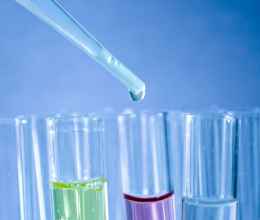
1. Texas has not yet passed protections for your cell phone location data.
 The bill from last session stalled at the end of session.
The bill from last session stalled at the end of session.
2. However, our state passed important protections for your email in an amendment to another bill.
 The amendment requires a search warrant for government access to
stored communications..
The amendment requires a search warrant for government access to
stored communications..
3. In the upcoming legislative session, the ACLU of Texas as part of the Texas Electronic Privacy Coalition will again advocate for warrant protections for your location information.
 We will also advocate for regulation of automatic license plate readers and Stingray devices that collect cell phone location data via a dummy cell tower.
We will also advocate for regulation of automatic license plate readers and Stingray devices that collect cell phone location data via a dummy cell tower.
4. We can have Texas solutions to privacy problems instead of waiting for the federal government to act.
 When it comes to updating privacy protections, we have every opportunity to be ahead of the game. Important updates to state law can work in concert with today’s Supreme Court opinion and federal efforts to curtail NSA spying via the USA Freedom Act. Texans want a government that does not spy on it’s residents. Let’s lead the way in updating our laws to ensure our privacy is protected and the 4th amendment remains a living, breathing protection for us all.
When it comes to updating privacy protections, we have every opportunity to be ahead of the game. Important updates to state law can work in concert with today’s Supreme Court opinion and federal efforts to curtail NSA spying via the USA Freedom Act. Texans want a government that does not spy on it’s residents. Let’s lead the way in updating our laws to ensure our privacy is protected and the 4th amendment remains a living, breathing protection for us all.





